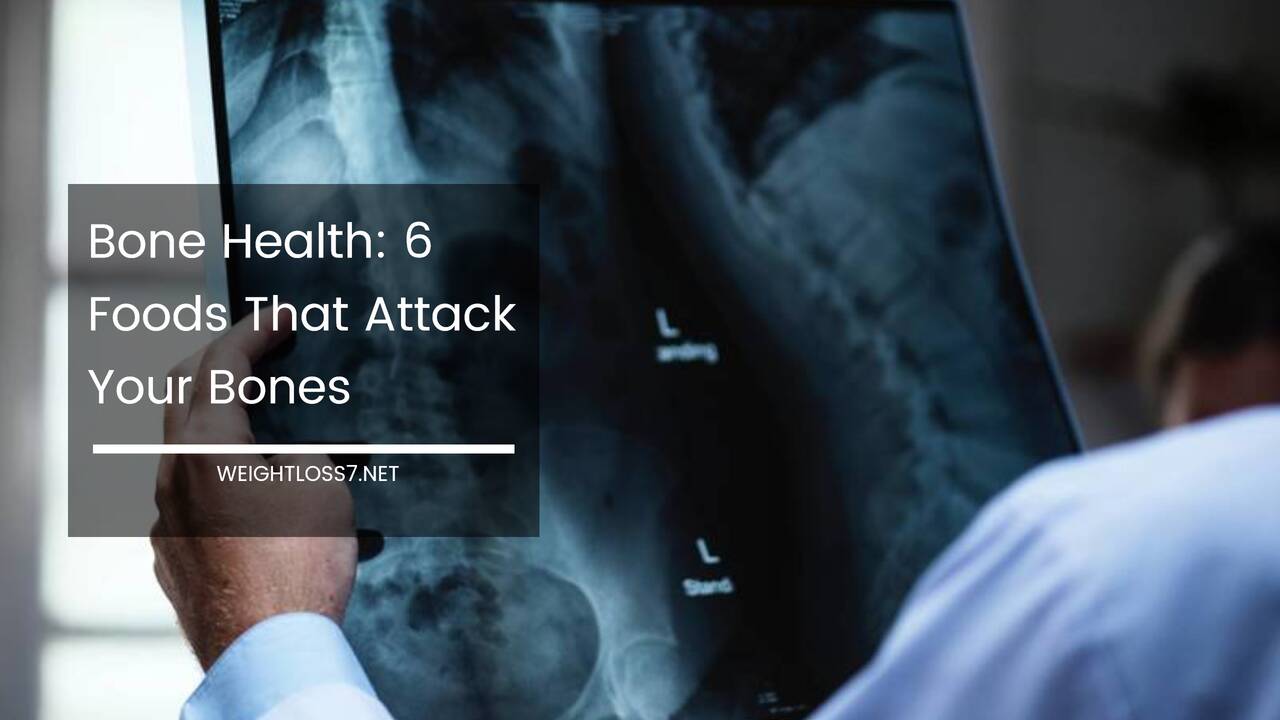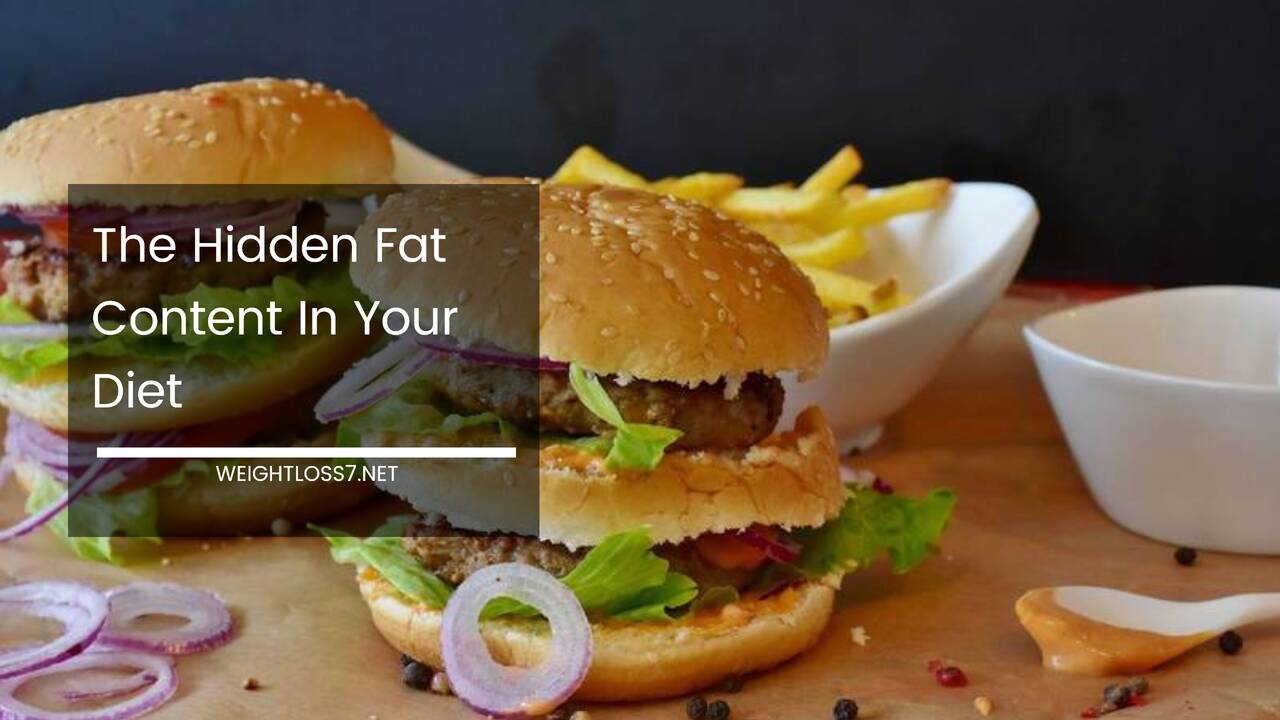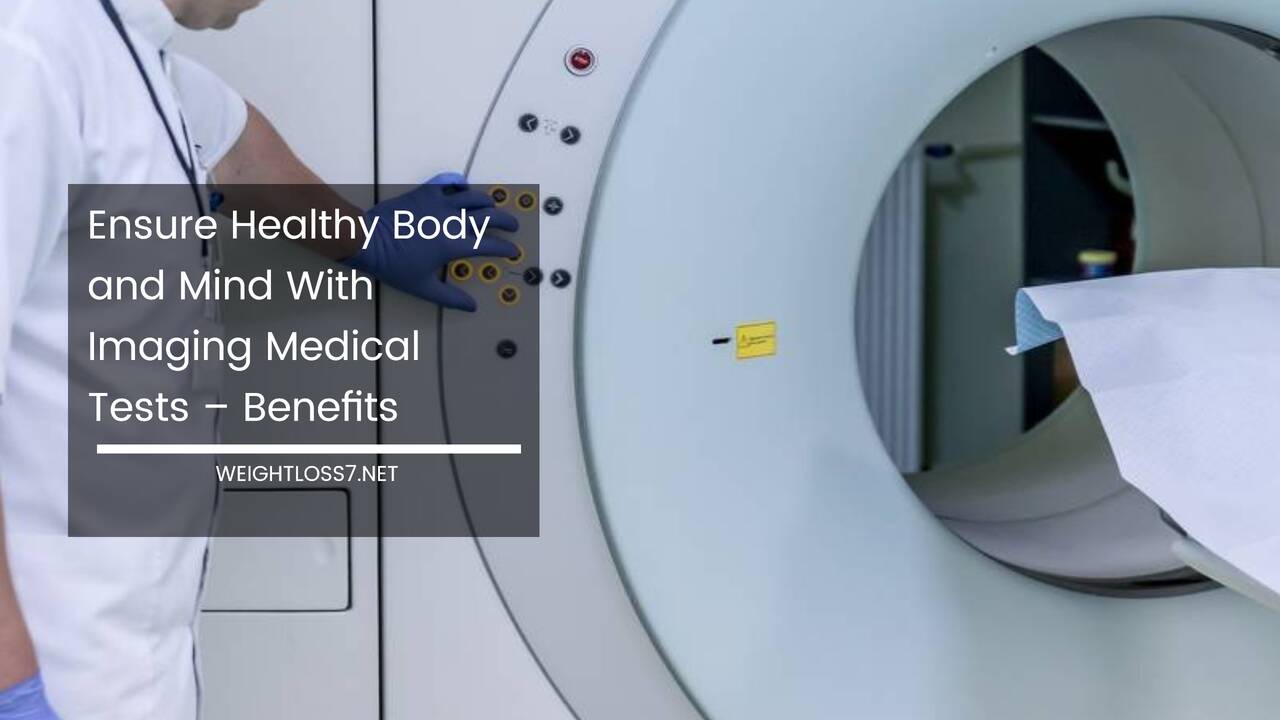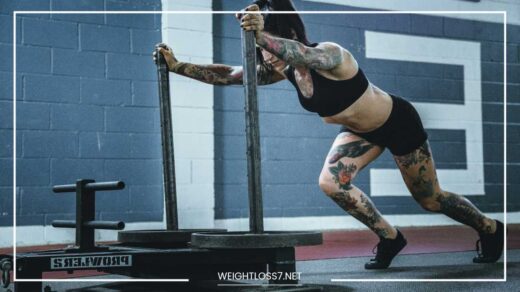Bone Health: 6 Foods That Attack Your Bones

We all know how important it is to include calcium in the diet, which is why children are encouraged to drink milk and exercise to help build strong bones.
What many people will not know is that bone density can be affected in their later years, and this is particularly true for women.
Why Calcium Is Important
Calcium is not only required to maintain strong bones. Nerves and muscles need calcium to function, as does the heart and it is also an important part of the clotting cascade.
Calcium is acquired by eating a well-balanced diet and is lost or excreted in sweat, urine and faeces daily. The body uses the calcium stored in the bones to make sure it has the amount it requires to function
correctly.
Conditions That Can Affect Calcium Levels
There are other factors that can increase the risk of developing osteoporosis. These include:
- A family history of osteoporosis
- Smoking
- Heavy drinking
- Lack of exercise
- Some chronic medical conditions of the gut which affect the absorption of nutrients
- Conditions that are treated with corticosteroids over a long period of time
- Conditions in which the body’s hormones are affected, such as hyperthyroidism
Diet and Calcium Levels
There are elements in the modern diet that can have a detrimental effect on the levels of calcium in the body.
It has been found that some foods can promote the removal of minerals from bone. There are six dietary elements that have been found to be detrimental to bone density.
It has been estimated that 40 milligrams of calcium are lost for every 2000 to 3000 milligrams of salt ingested.
The only way to prevent this is not to eat processed foods such as frozen meals, meat from delicatessens, pizza, fast foods and canned foods.
Caffeine is much the same as salt – 6 milligrams of calcium is lost for every 100 milligrams of caffeine taken in.
Drinking milk and drinks with added calcium while restricting the number of caffeinated drinks to one or two a day will help to rectify the problem.
Soft drinks can affect calcium levels as they can contain phosphoric acid, which produces the fizz. It is this ingredient that accelerates the excretion of calcium in urine. Drink milk, yoghurt drinks or plain water instead.
Alcohol has been found to stop the absorption of essential minerals and suppress osteoblasts. Fractures are thought to heal less well in people who drink heavily. It is advisable to reduce the amount of alcohol consumed to one drink a day or less.
Vitamin K from green vegetables, olive oil and vegetable oils is important for healthy bones.
However, hydrogenation, which converts liquid oils into a solid product, destroys the vitamin. Avoid hydrogenated oils where possible and increase the amount of green, leafy vegetables in your diet.
Research has found that excess amounts of vitamin A in the diet can be detrimental to bone health.
Post-menopausal women seem to be prone to having levels above those recommended, which has been linked to increased fracture rates. Taking multivitamins with less vitamin A and eating low-fat dairy products should rectify this.
It only takes a few dietary changes to have a healthier lifestyle that will protect your bones and prevent unnecessary fractures.

















